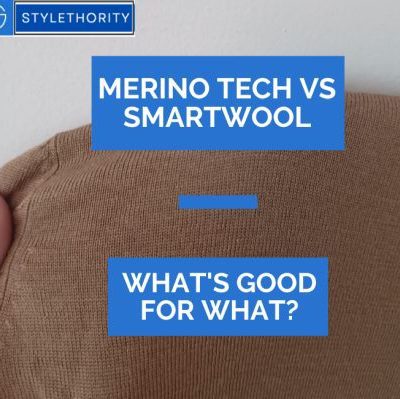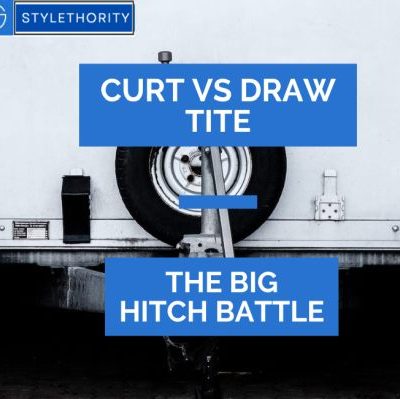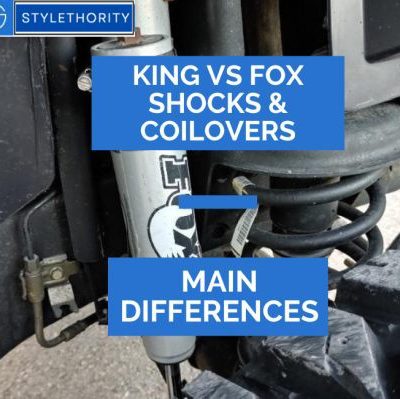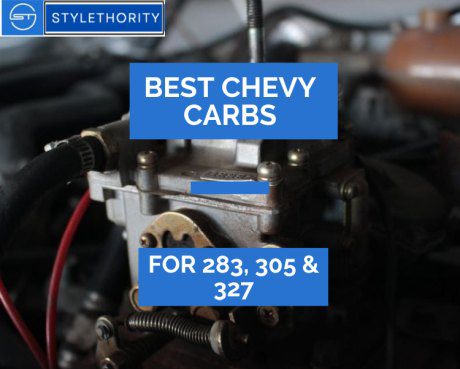Quick Steer vs MOOG: A Clear Winner
Stylethority is reader-supported. When you buy through links on the site, we may earn a commission.
While MOOG has been the poster child of aftermarket parts, Quick Steer’s been an out-of-the-spotlight brand.
What’s the reason?
Well, both brands have the same owner (DriVParts, ex-Federal Mogul). However, Quick Steer has a worse warranty and manufacture, living up to its budget pricing.
My opinion on Quick Steer vs MOOG is as follows:
➥➥ Quick Steer: I’d trust the brand for low-level tie rod ends like this one or some basic bushings like these.
➥➥ MOOG: Anything more serious like control arms (check example), wheel bearings, and ball joints is MOOG-only. The same applies to parts relating to heavy-duty vehicles.
| Product | Image | ||
|---|---|---|---|
|
Performance ball joint
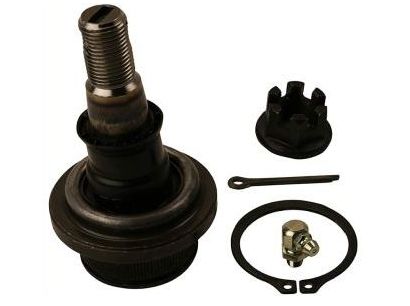
|
MOOG Problem Solver (K)
|
Check Prices & Fit |
| Product | Image | ||
|---|---|---|---|
|
Budget Tie Rod Option
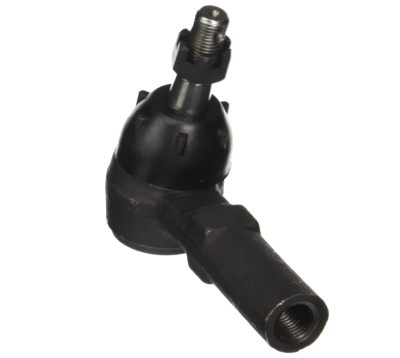
|
Quick Steer Tie-Rod End
|
Check Prices & Fit |
Quick Steer vs MOOG:
Warranty matters
Alright, so the first important thing here is the warranty.
Quick Steer has a 1-year warranty on its parts. With many online retailers, this gets further cut to 90 days after the purchase.
Obviously, these are budget parts (or ‘cost-effective’, as ex-Federal Mogul puts it). But for some aftermarket parts, this is an insultingly low warranty period.
In comparison, MOOG has two types of warranty:
On its standard line-up, the brand gives a 3-year warranty.
On its premium line-up called the ‘Problem Solver’, MOOG offers a lifetime warranty. This control arm is a good example:
| Product | Image | ||
|---|---|---|---|
|
Best Control Arms
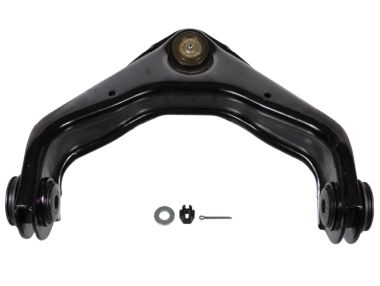
|
MOOG Problem Solver (KS)
|
Check Prices & Fit |
I don’t know about you, but getting a ball joint or link stabilizer that’s ten bucks and gets shot in under a year isn’t my thing.
Paying a dozen bucks more for peace of mind makes perfect sense to me.
Who makes Quick Steer parts?
Where are they actually made?
Now, this requires a bit of an explanation.
Basically, Quick Steer and MOOG are both a part of the DriVParts group. This is the successor of Federal-Mogul…or should I say the successor of Tenneco spinning off the brands they acquired from Federal-Mogul.
It goes like this: Federal-Mogul → Tenneco (2018) → spin-off as DrivParts (2019).
Quick Steer is the cheapest brand in the DrivParts roster. It’s even cheaper than the Beck/Arnley parts portfolio.
Unsurprisingly, no parts in Quick Steer’s catalog are made in the US. Most of it is from China, Mexico, or even India like this bushings kit:
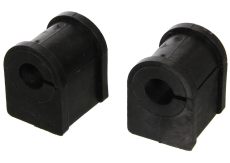
A budget bushing option that actually works out fine. Might need to grind it a bit to fit some applications.
While MOOG employs a cost-cutting strategy in terms of outsourcing, you get a higher grade of manufacturing there. This holds especially true for the Problem Solver series. Some of the parts in this line-up are local American manufacture.
Even when outsourcing overseas, the MOOG line-up is rooted in higher R&D factory standards.
MOOG vs Quick Steer:
Component diversity
Not surprisingly, Quick Steer covers fewer applications and has fewer component options in its catalog.
In general, Quick Steer offers a lot of tie-rod ends, link stabilizers, ball joints, wishbones, or bushings. Other steering or suspension aftermarket parts exist, but they pale in comparison with MOOG’s abundant line-up.
MOOG is unmatched in terms of heavy-duty applications. The number of sturdy control arms, ball joints, or wheel bearings the brand has dwarfs Quick Steer any time of the day.
It makes perfect sense: how can you make a truck-ready bearing that would be $40, for example?
This diversity of components spills out into retailers, too. It’s way more probable to find the proper MOOG parts anywhere online (Amazon, RockAuto, etc.) or offline (NAPA, etc.)
Concluding words
Not surprisingly, Quick Steer covers fewer applications and has fewer component options in its catalog.
In general, Quick Steer offers a lot of tie-rod ends, link stabilizers, ball joints, wishbones, or bushings. Other steering or suspension aftermarket parts exist, but they pale in comparison with MOOG’s abu
Quick Steer is worth it only if you’re really bootstrapped for money and your vehicle has very light requirements.
Even then, I’d get only a limited amount of the products the brand has in stock.
If you’re looking for a worthier MOOG competitor, you can consider Detroit Axle suspension parts. DA gives MOOG a run for its money on many non-premium (Problem Solver) parts.
Not only this, but the Axle guys have been dipping their toes more and more into truck-ready aftermarket suspension parts.
Quick Steer remains rather niche. There’s not much mystery behind the ‘why’ of it being rarely discussed in car communities.
In any case, let me know if you’ve had a good experience with any of the two brands. I’m curious if somebody’s actually gone for a full Quick Steer aftermarket setup on their vehicle.
- Woolx vs Smartwool: Discussing Some Details - October 4, 2023
- Best Struts For Honda Accord & Element: What Works - September 22, 2023
- Bilstein vs Monroe Shocks: My Opinion On What Works Best - September 19, 2023
